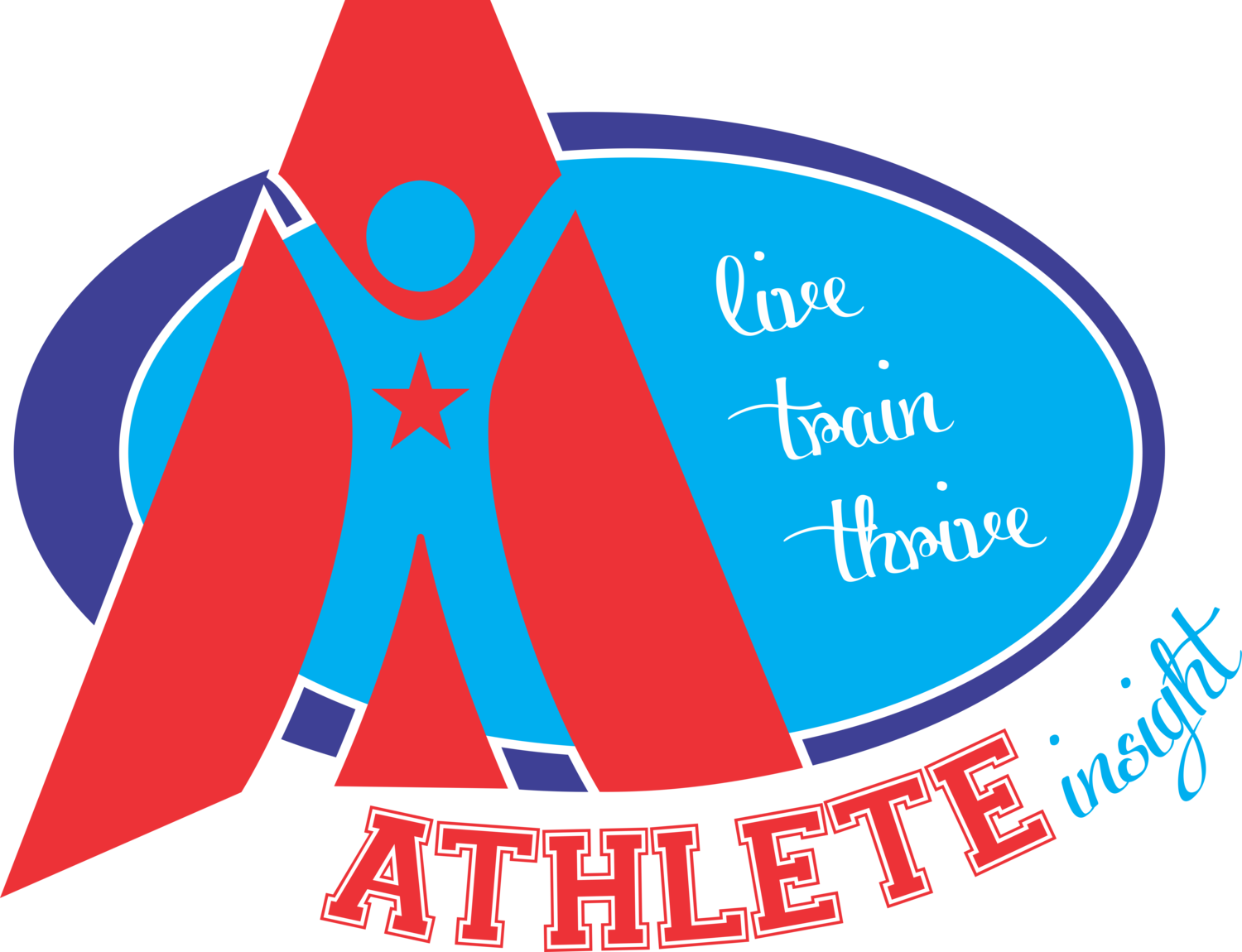By Kate Bennett, PsyD
[Thrive into the Weekend: A blog series designed to empower athletes to thrive in life and sport by facilitating intentional and mindful actions]
While I am not a Seahawks fan, I am a firm believer in the integration of mindfulness into their program. Despite the anticipation and excitement of the Super Bowl, the Seahawks focus on quieting their minds in preparation of the big day. Have no doubt, I will certainly be wearing orange on Sunday; however, I do believe that everybody can benefit from taking note of the Seahawks' mindfulness practice.
With Super Bowl Sunday just days away, people are planning for parties, picking up last minute food items, scouring the internet for sneak-peaks of commercials, and reading articles that match the Broncos’ high-scoring offense against the Seahawks’ #1 defense. Thrive into the Weekend by practicing mindfulness throughout the day rather than being caught in the Super Bowl frenzy. Ground yourself in the moment with whatever activity you are participating in to increase satisfaction and manage stress levels. As a result, you will be more likely to enjoy the Super Bowl by showing up present and eager to cheer for your favorite team (versus feeling distracted by what has or has not happened or worrying about what needs to happen after the game).
Omaha!
Image courtesy of elephantjournal.com


